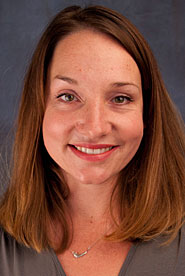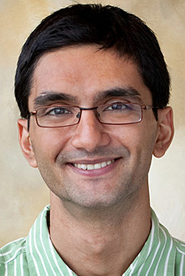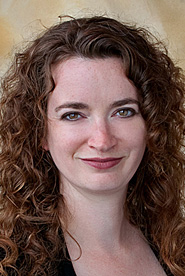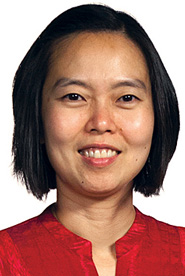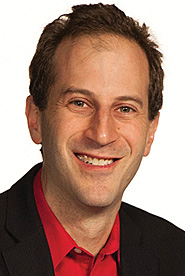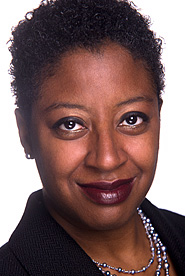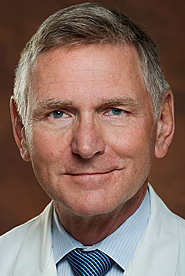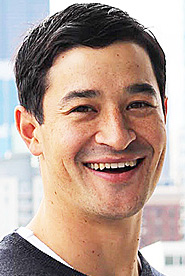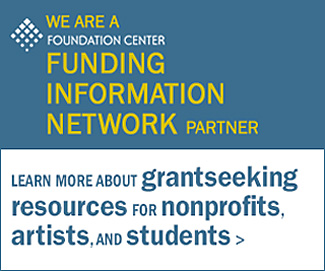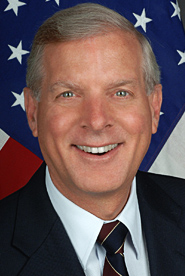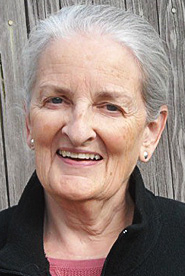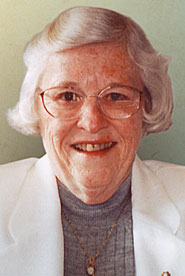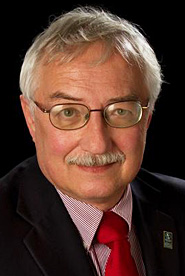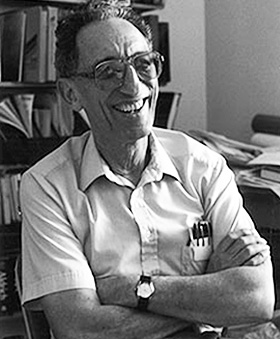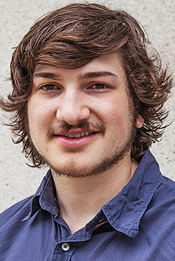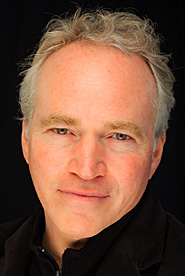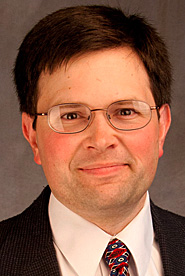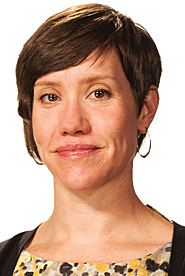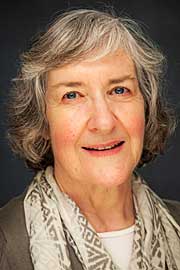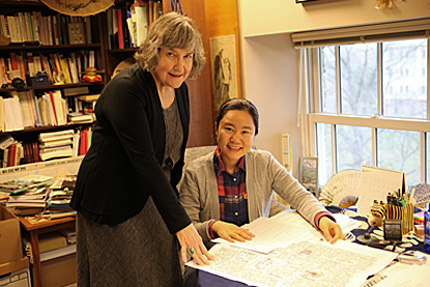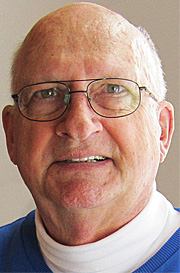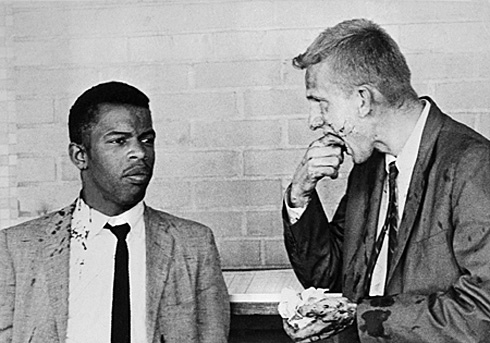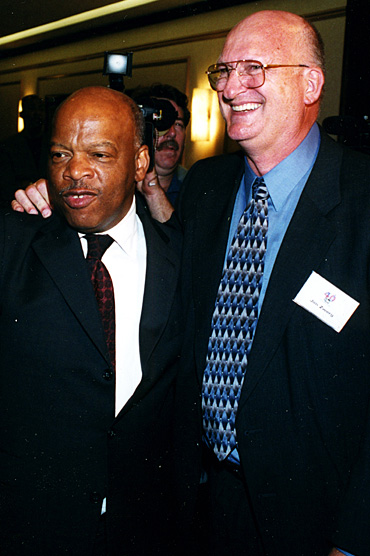Lawrence University will hold a week-long “open house” for students and their families July 13-18 as part of the 20th annual Wisconsin Private College Week sponsored by the Wisconsin Association of Independent Colleges and Universities (WAICU).
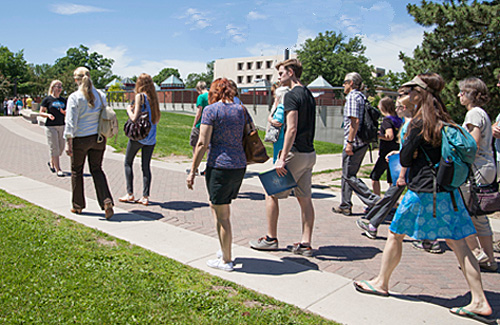 Students are invited to take advantage of campus tours, meet with admission counselors and get answers to financial aid and scholarship information questions during Wisconsin Private College Week. Students can register to win one of two iPads as part of a WAICU-administered drawing.
Students are invited to take advantage of campus tours, meet with admission counselors and get answers to financial aid and scholarship information questions during Wisconsin Private College Week. Students can register to win one of two iPads as part of a WAICU-administered drawing.
“While reading about a college online or in snazzy viewbooks is a nice way to learn the facts about a school,” said Ken Anselment, Lawrence’s dean of admissions & financial aid, “there’s nothing like a campus tour to fully engage all of your senses — which goes a long way toward helping you determine how you actually feel about a college.”
Lawrence is one of 24 state institutions participating in Wisconsin Private College Week. To schedule a visit, contact the Lawrence Admissions Office, 920-832-6500.
About Lawrence University
Founded in 1847, Lawrence University uniquely integrates a college of liberal arts and sciences with a nationally recognized conservatory of music, both devoted exclusively to undergraduate education. It was selected for inclusion in the Fiske Guide to Colleges 2015 and the book “Colleges That Change Lives: 40 Schools That Will Change the Way You Think About College.” Engaged learning, the development of multiple interests and community outreach are central to the Lawrence experience. Lawrence draws its 1,500 students from nearly every state and more than 50 countries.
